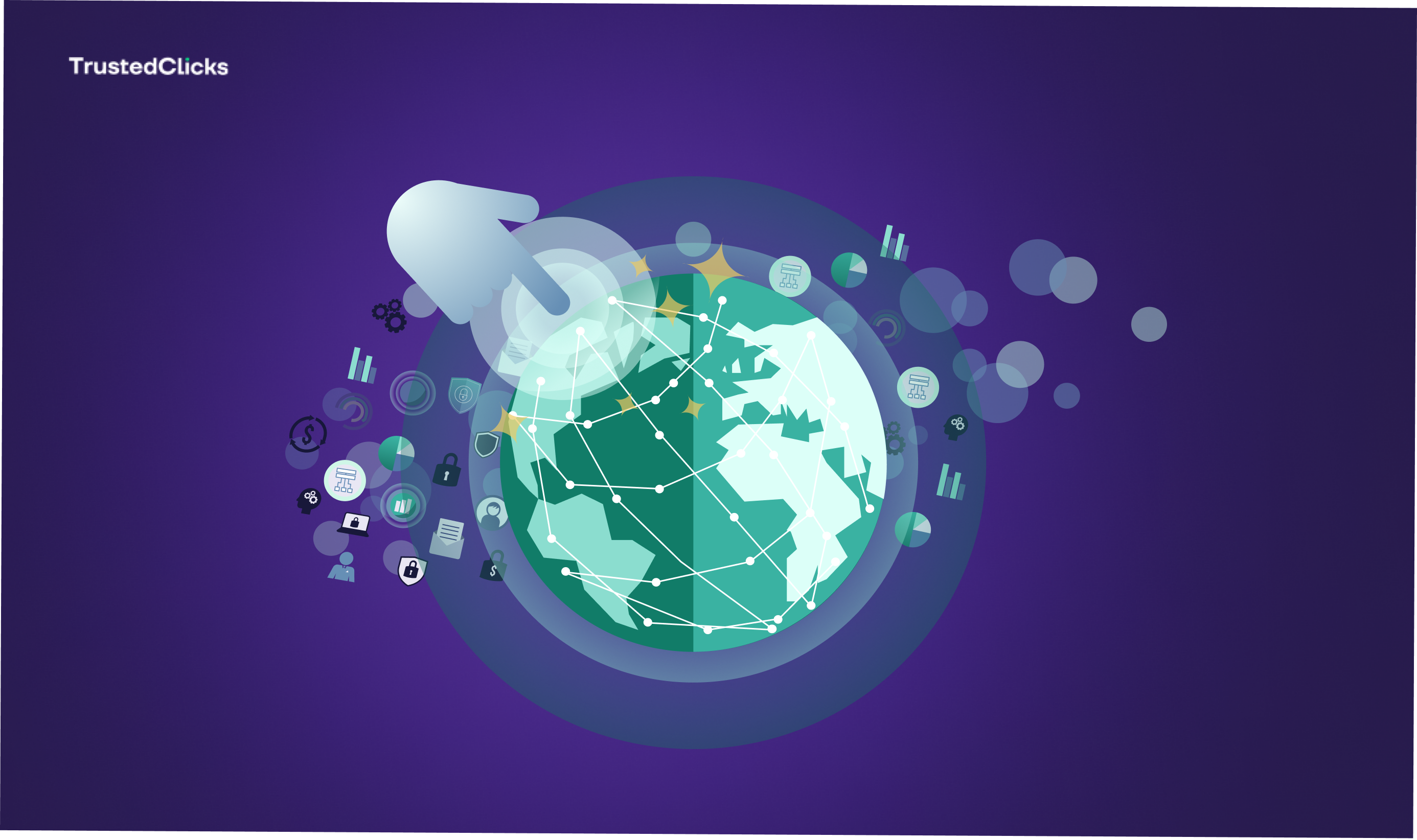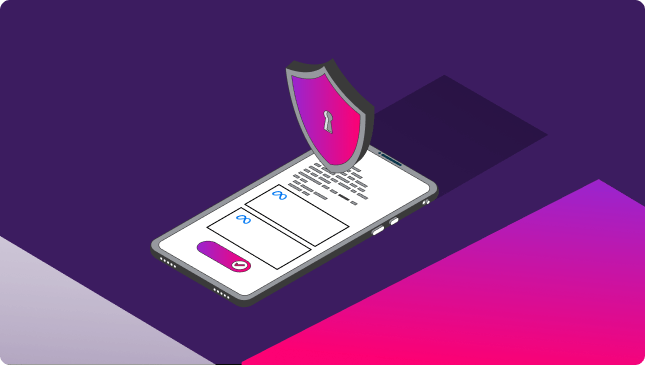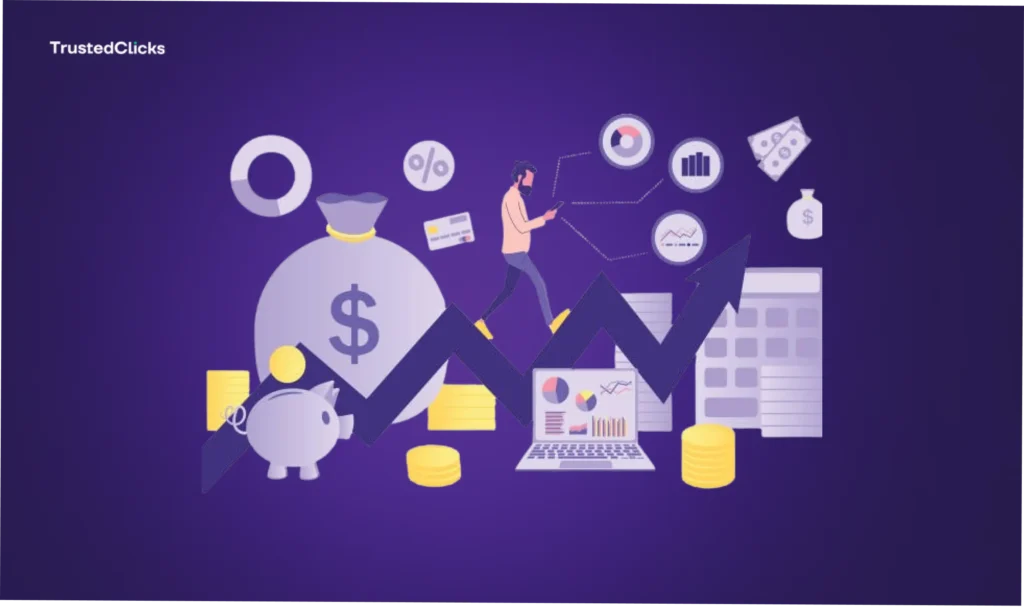- Affiliate marketing
The Pros and Cons of IP Tracking in the Digital World


In the ever-evolving digital landscape, IP tracking has emerged as a powerful tool for businesses, governments, and individuals. By using Internet Protocol (IP) addresses to gather information about online users, organizations can unlock valuable insights, improve services, and enhance security. However, this technology also comes with ethical dilemmas and privacy concerns. Let’s explore the pros and cons of IP tracking in the digital world.
What is IP Tracking?
IP tracking involves identifying and monitoring the IP addresses of devices connected to the internet. Every device—be it a smartphone, laptop, or server—is assigned a unique IP address. This address can reveal general location information, the internet service provider (ISP), and the type of device being used.
The Pros of IP Tracking
Enhanced User Experience
Businesses use IP tracking to deliver personalized experiences. For instance, e-commerce platforms can display region-specific content, such as currency, language, and product availability, based on a user’s location.
Streaming services like Netflix and YouTube optimize content delivery based on regional preferences and server proximity.
Improved Marketing Strategies
Marketers can analyze IP data to target advertisements more effectively. Geo-targeted ads ensure that users see relevant offers, increasing engagement and conversion rates.
IP tracking helps identify market trends by providing insights into user demographics and behaviors.
Enhanced Security
IP tracking plays a crucial role in cybersecurity. It helps identify malicious activities, such as DDoS attacks or unauthorized access attempts, by tracing suspicious IP addresses.
Fraud detection systems use IP tracking to flag inconsistencies, such as login attempts from unusual locations.
Regulatory and Compliance Benefits
Governments and regulatory bodies use IP tracking to enforce laws and monitor online activities. This is particularly useful in tracking cybercrimes or ensuring compliance with regional content regulations.
The Cons of IP Tracking

Privacy Concerns
Critics argue that IP tracking infringes on users’ privacy. While an IP address doesn’t directly reveal personal information, it can be combined with other data to create detailed user profiles.
Many users are unaware that their online activities are being monitored, leading to a lack of informed consent.
Potential for Abuse
Cybercriminals can exploit IP tracking to launch attacks with malicious IPs, steal sensitive information, or carry out phishing schemes and IP fraud.
Authoritarian regimes may use IP tracking to suppress dissent and monitor citizens’ online activities.
Limited Accuracy
IP tracking is not always precise. Virtual private networks (VPNs), proxies, and dynamic IP addresses can obscure or alter location data, leading to inaccuracies.
Over-reliance on IP tracking may result in flawed decisions, such as incorrectly blocking legitimate users based on their IP addresses.
Ethical Dilemmas
The use of IP tracking raises ethical questions about the balance between technological benefits and the right to privacy. Organizations must navigate these challenges to maintain trust and integrity.
Striking a Balance
While IP tracking offers undeniable advantages, its potential downsides demand careful consideration. Businesses and governments must prioritize transparency and adopt ethical practices when utilizing IP tracking. Here are some best practices:
Inform Users: Clearly communicate IP tracking policies and obtain user consent.
Implement Anonymization: Use techniques to anonymize data, reducing the risk of misuse.
Leverage Alternatives: Combine IP tracking with other data sources for a more holistic and accurate approach.
Adopt Regulations: Adhere to data protection laws, such as GDPR, to ensure responsible usage.
Frequently Asked Questions About IP Tracking
What is IP tracking?
IP tracking is the process of monitoring and analyzing the IP addresses of devices that connect to a network. Without this information, a network or a remote device receiving a connection request wouldn’t be able to establish communication with the connecting device. It not only helps facilitate connections but also plays a key role in identifying the geographical location of users, detecting potential threats, and managing traffic.
In cybersecurity, IP tracking is essential for spotting suspicious behavior, such as unauthorized access attempts or bot attacks, by monitoring patterns associated with high-risk IP addresses. In digital marketing, it helps improve campaign targeting by providing insights into user demographics and engagement through geolocation data. Overall, IP tracking is a vital tool for enhancing network management, preventing cyber threats, and boosting the effectiveness of online marketing strategies.
Is IP tracking accurate?
IP tracking is generally accurate for identifying a user’s country or city, but it’s less precise when pinpointing exact locations due to factors like VPNs or shared networks. While multiple devices in the same network can share a single public IP, making individual tracking harder, it remains effective for general identification and security. TrustedClicks enhances this process by providing accurate IP fraud score calculations, using extensive data such as geolocation and user behavior patterns. This ensures reliable detection of suspicious activity, offering a more precise defense against fraud.
How to check location through IP address?
To check the location using an IP address, data is collected from multiple Geo IP data providers. Simply enter the IP address, and the tool will display the location. TrustedClicks offers free location tracking for any given IP address. It instantly retrieves the city, country, and geographic coordinates (latitude and longitude) by leveraging various Geo IP databases. This quick and easy tool is widely used for tracking online activity, fraud detection, and enhancing website security by identifying the geographical origin of a visitor.
How to track an IP address?
Tracking an IP address involves several steps, typically using tools or services that provide information about the location and identity of the IP owner. First, you need to identify the IP address you want to track, which can be obtained from server logs, online interactions, or through various network tools. Once you have the IP address, you can use an IP lookup service or geolocation tool to find the general location associated with that address. These tools rely on databases from multiple Geo IP providers to map the IP to geographic information like the country, region, city, and approximate latitude and longitude.
Conclusion
IP tracking is a double-edged sword in the digital world. When used responsibly, it can enhance user experiences, improve security, and drive innovation. However, misuse or overreach can lead to privacy violations and ethical concerns. By striking the right balance, organizations can harness the power of IP tracking while respecting individual rights and fostering trust in the digital age.
Table of Contents
Join our community!
Subscribe to our newsletter for the latest updates, exclusive content, and more. Don’t miss out—sign up today!
Recent Posts

Understanding Bot Detection: A Key to Securing Digital Environments
- 4 mins read

Maximizing IP Risk Scoring to Enhance Your Ad Campaigns and Boost ROI
- 5 mins read

The Role of IP Geolocation in E-commerce and International Marketing
- 7 mins read



